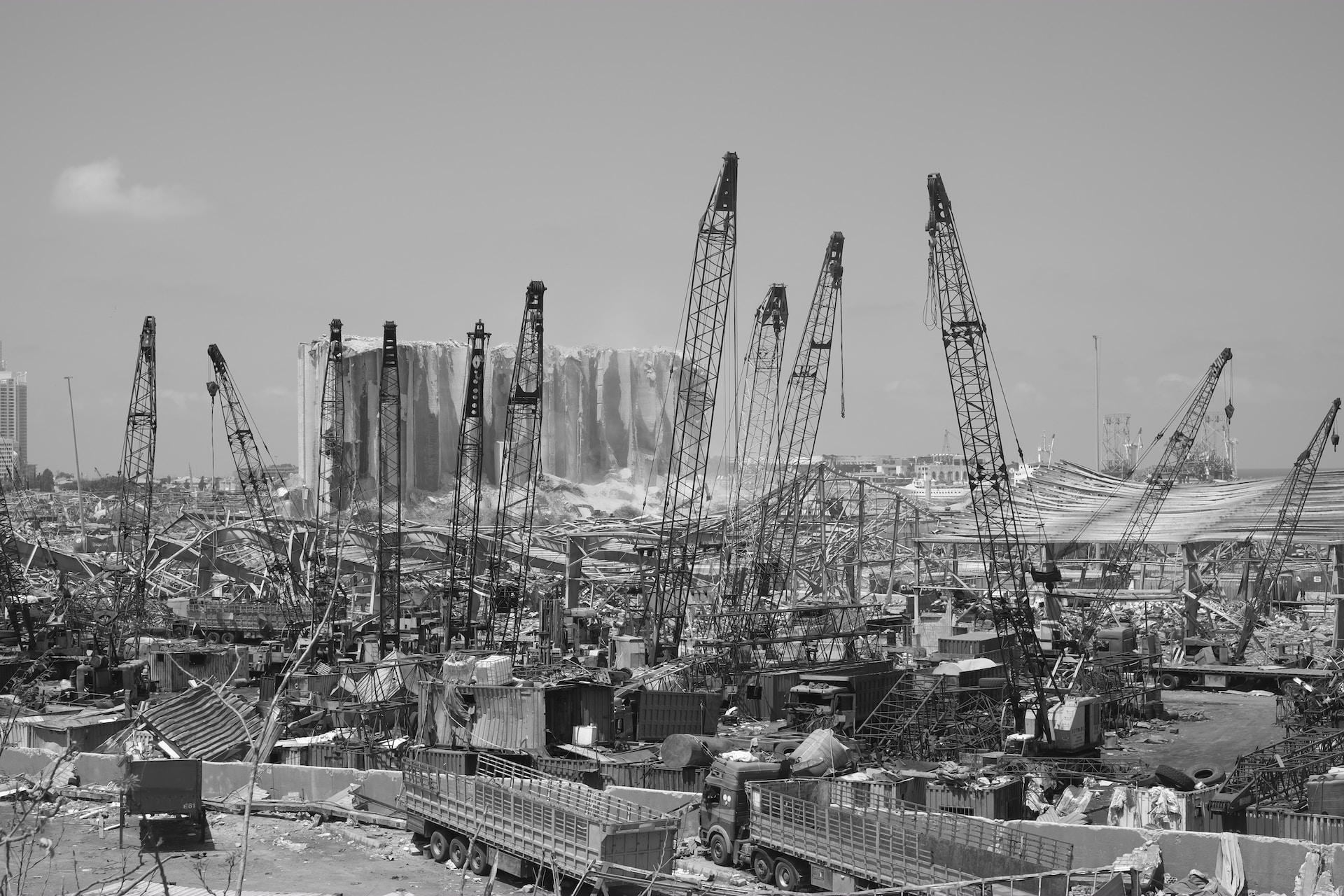A plea for international backing in the pursuit of justice for victims of the devastating 2020 Beirut port explosion has been renewed by Lebanon’s largest parliamentary party, the Lebanese Forces, and the family members of those who perished in the catastrophe.
The appeal surfaces less than a month before the tragic incident’s third anniversary. The massive explosion, triggered by a sizeable stockpile of ammonium nitrate that had been stored at the port for years, claimed the lives of over 220 people, inflicted injuries on thousands, and wreaked extensive damage across the Lebanese capital. It arrives a week ahead of the European Parliament’s session dedicated to discussing the crisis in Lebanon.
The reasons for the storage of the volatile compound remain undisclosed. The inquiry into the incident has experienced several obstructions and legal hindrances, augmenting the heartache felt by those affected. The inability to hold any high-ranking official accountable, with some issuing legal objections against the lead investigator, Judge Tarek Bitar, further exacerbates the sense of injustice.
East Beirut’s Lebanese Forces MP and former deputy prime minister, Ghassan Hasbani, expressed his concerns to The National. “As is widely recognised now, justice is being delayed and derailed. A postponed justice equates to justice unserved,” he remarked.
Hasbani clarified that the intent is not to supplant the Lebanese judiciary with an international tribunal. Instead, the aim is to acquire “resolutions and commitments” from the UN Human Rights Council or the European Parliament to commission a fact-finding mission. The mission would scrutinise human rights violations and instances of justice obstruction, eventually freeing the judicial system from interference and facilitating a path towards accountability.
The poignant plea of Mireille Khoury, who tragically lost her son Elias to the blast and whose daughter Nour suffered serious injuries, resonated at an event rallying for justice. She appealed to the humanity of the members of the UN Human Rights Council, reminding them of the continual agony endured by parents like her. “Can you fathom our living conditions, our constant state of despair? It’s obvious in Lebanon that justice cannot be achieved,” she lamented.
The Lebanese judiciary system, heavily politicised, has been critiqued by 38 countries earlier this year. A joint statement delivered by Australia at the UN Human Rights Council in Geneva expressed worries about the unresolved investigation, which they perceived as being hindered by systemic obstruction, interference and intimidation.
Judge Bitar, having reopened the case in January, charged various senior politicians, judiciary and security personnel in connection with the explosion. However, he was soon notified by Lebanon’s top prosecutor that the investigation was still on hold, and was himself charged with rebelling against the judiciary.
The horrific explosion is seen as an indication of the persistent mismanagement and corruption in Lebanon, factors that have contributed to an overwhelming economic breakdown.
The Lebanese Forces, a Christian-led party that originated from a civil war militia, superseded their conventional rival, the Free Patriotic Movement, to become the largest party in the 128-seat parliament following the 2022 legislative elections. However, with no faction holding a majority in the deeply divided parliament, the quest for justice remains arduous.
Image Credit: Rashid Khreiss / Unsplash



















